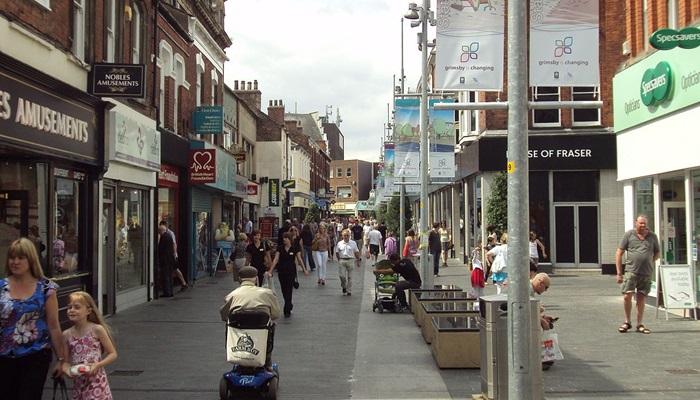In the United Kingdom, the Gambling Commission has set up the multi-operator self-exclusion scheme, an initiative where players who are problem gamblers can provide a photo of themselves which will be circulated to betting shops in close proximity to where the individual lives and or works. This is done so the operators can be aware of the individual and keep them from gambling at their betting shops. However, according to one undercover reporter, the scheme is not being enforced by betting shops as it was intended.
According to The Guardian, one of the newspaper’s reporters recently posed as a problem gambler who got himself on the exclusion list of 21 betting shops in Grimsby, England. During his undercover investigation, he reportedly found that he was able to access fixed-odds betting terminals (FOBT) in 16 of the shops before being recognized and asked to leave. Only two of the 21 betting shops in total followed suit, according to the report.
The investigation was completed by BBC Five Live Investigates, with Rob Cave, a BBC Reporter, who put the self-exclusion scheme to the test. The reporter says that while he is not known in Grimsby and is not a regular at the betting shops there, it still begs the question; is a piece of paper with a photo and name of an individual on it solution enough to help those problem gamblers who want to help themselves?
The findings were provided to the Gambling Commission, with Executive Director of the Commission, Sarah Gardner, responding on Radio 5 Live this past weekend. Gardner stated the Commission is ‘determined to drive improvements in behavior across the industry in terms of the effort they put into reducing gambling-related harm’. Gardner went on to state that the Commission would like to see businesses involved in gambling intervening at an early stage.
The Association of British Bookmakers also commented on the report, stating that the result of the investigation was disappointing, but was conducted based on circumstances that were artificial. The individual was not known to the shop staff and not technically a problem gambler. According to the Association, the individuals who choose to exclude themselves are usually known by staff members within the betting shops they self-exclude from.
Meanwhile, the operators of the exclusion scheme, known as “The Senet Group,” said, “We need to work out what we can do that’s better. The results [of the investigation] are a bit of a wake up call,” according to BBC Five Live Investigates.
There are reportedly 33,611 fixed-odd betting machines in operation in the UK, which bring in a staggering £1.8 billion in revenue per year.



